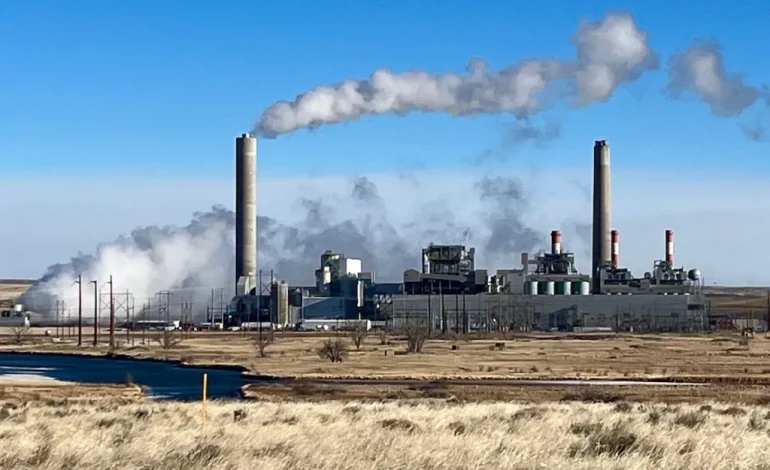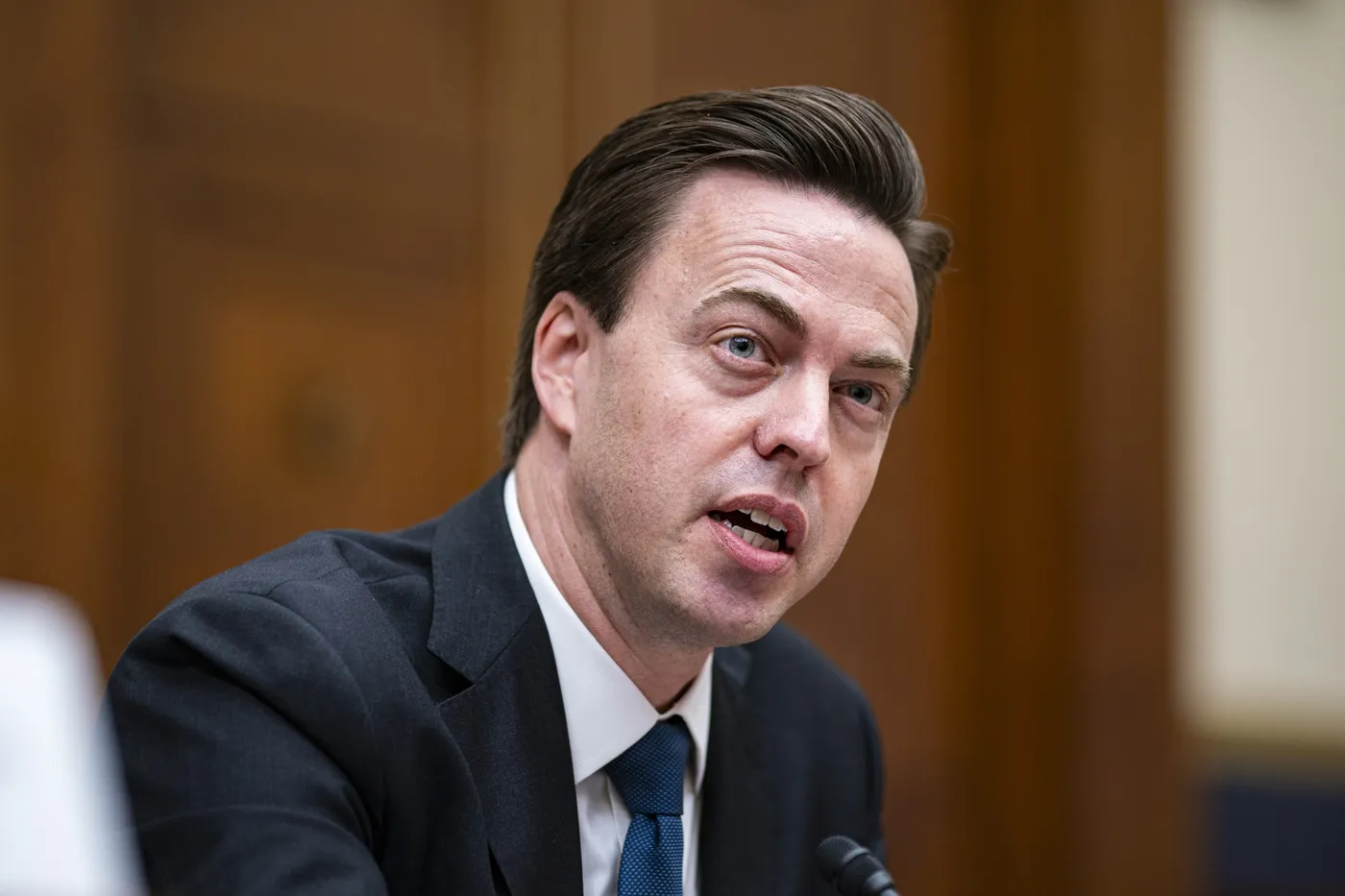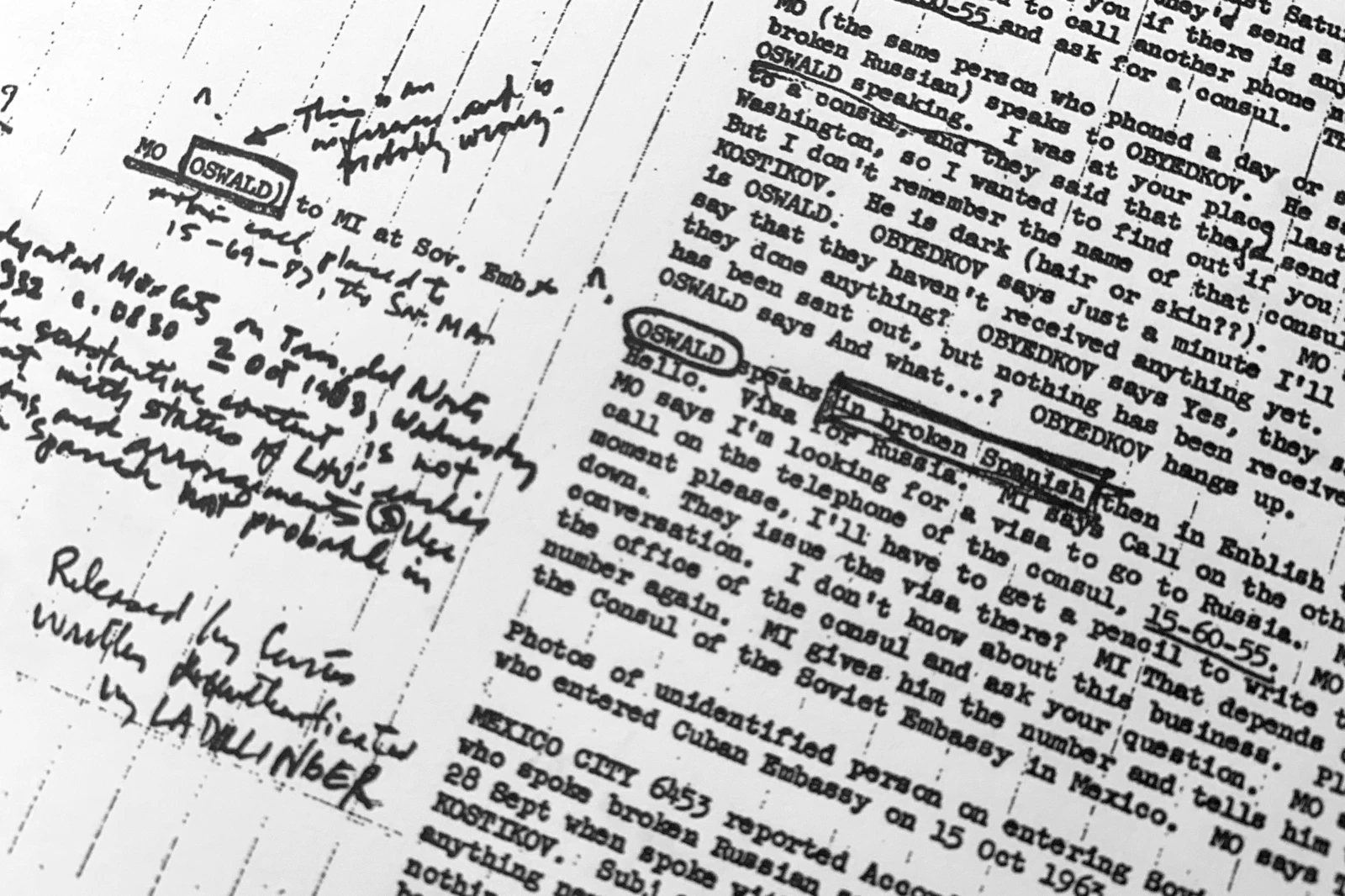Proposed Wyoming Bill Challenges Carbon Reduction Efforts

A new bill introduced in Wyoming’s Legislature seeks to repeal carbon reduction mandates and reframe carbon dioxide as a beneficial, rather than harmful, substance, Wyo File reports.
Senate File 92, titled “Make Carbon Dioxide Great Again – No Net Zero,” is co-sponsored by Senator Cheri Steinmetz (R-Torrington) and Representative John Bear (R-Gillette), reflecting a broader political pushback against carbon reduction measures in the state.
The proposed legislation would remove existing requirements for coal-fired power plants to adopt carbon capture, utilization, and storage (CCUS) technologies. These mandates have cost Wyoming ratepayers millions of dollars since their introduction, and proponents of SF 92 argue the financial burden outweighs the environmental benefits.
The bill asserts that “carbon dioxide is a foundational nutrient necessary for all life on Earth” and seeks to codify that it is neither a pollutant nor a contaminant. Additionally, it proposes reimbursing customers for the costs associated with carbon capture studies and mandates, which have added up to $3 million annually for some Wyoming ratepayers.
Wyoming’s economy heavily relies on fossil fuels, particularly coal. Senator Steinmetz and Representative Bear argue that federal and state carbon reduction policies unfairly target the industry, threatening jobs and economic stability. Bear emphasized the importance of Wyoming’s self-determination, saying:
“Our goal is to quit depending on who’s in the White House to determine our future.”
Opponents of the bill, including conservation groups like the Sierra Club, argue that it ignores scientific consensus on climate change.
“Wyomingites are experiencing the impacts of a changing climate firsthand,” said Emma Jones, Associate Organizer for the Sierra Club Wyoming Chapter.
She cited shrinking snowpacks, prolonged wildfire seasons, and erratic weather patterns as evidence of the state’s vulnerability to climate shifts.
If passed, SF 92 could have significant legal and regulatory consequences. The Wyoming Department of Environmental Quality warned that repealing state carbon capture requirements might undermine the state’s authority to oversee federal carbon dioxide regulations. The Environmental Protection Agency (EPA) could assume control of these programs, potentially complicating Wyoming’s efforts to develop a carbon storage industry.
Governor Mark Gordon, who has championed a “Decarbonizing the West” initiative, has not yet taken a stance on the bill. His policies promote a balance between reducing greenhouse gas emissions and supporting fossil fuel industries through innovative technologies like carbon capture for enhanced oil recovery.
While some lawmakers and stakeholders support eliminating carbon mandates, they often disagree with the reasoning behind SF 92. Critics argue that repealing these mandates should focus on economic efficiency and technological viability rather than denying the environmental impacts of carbon dioxide.
“PacifiCorp [Rocky Mountain Power’s parent company] has already wasted millions of ratepayer dollars evaluating carbon capture at aging coal plants,” Jones said. “Wyoming’s leaders need to focus on forward-thinking solutions that lower energy costs and prepare the state for a sustainable future.”







